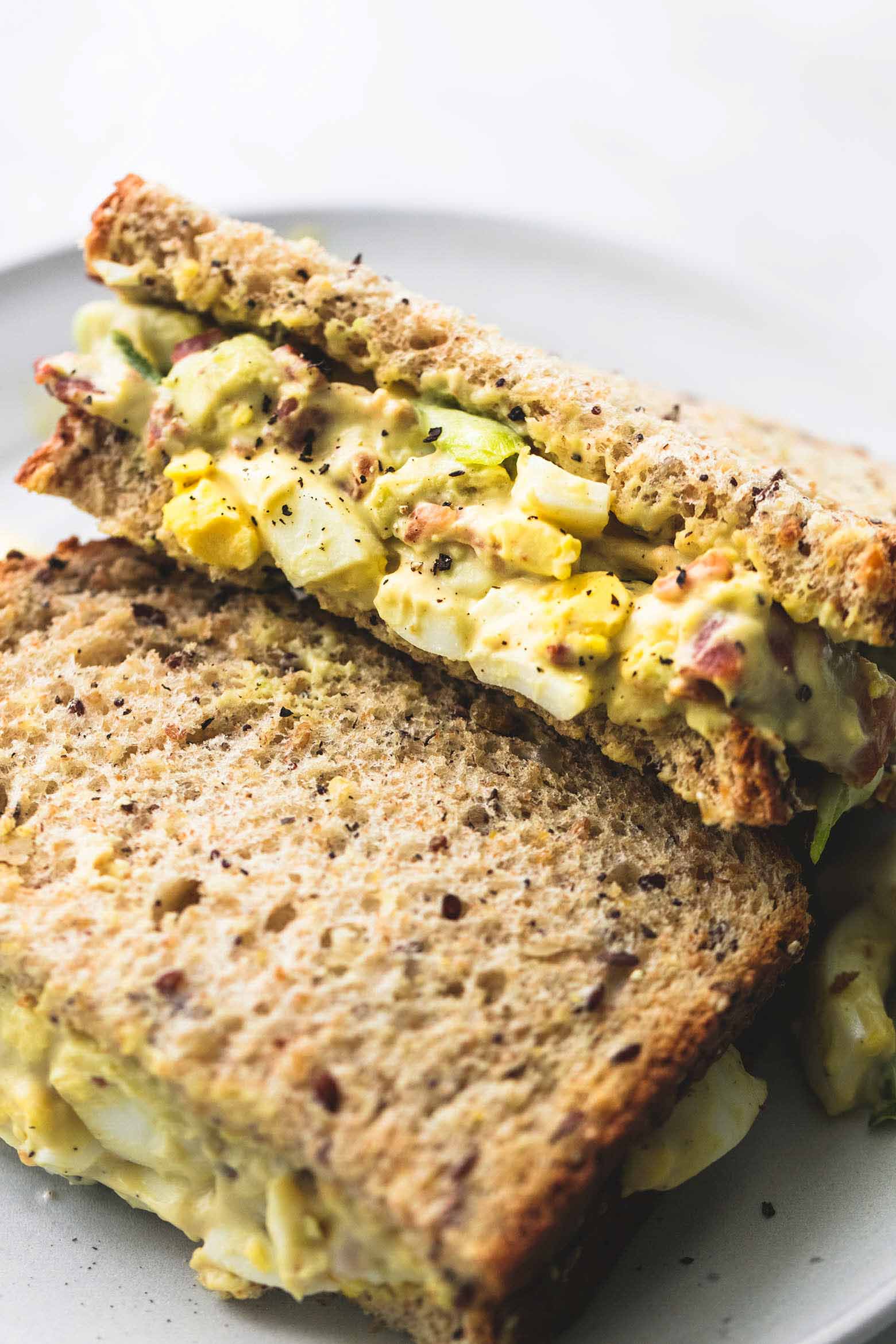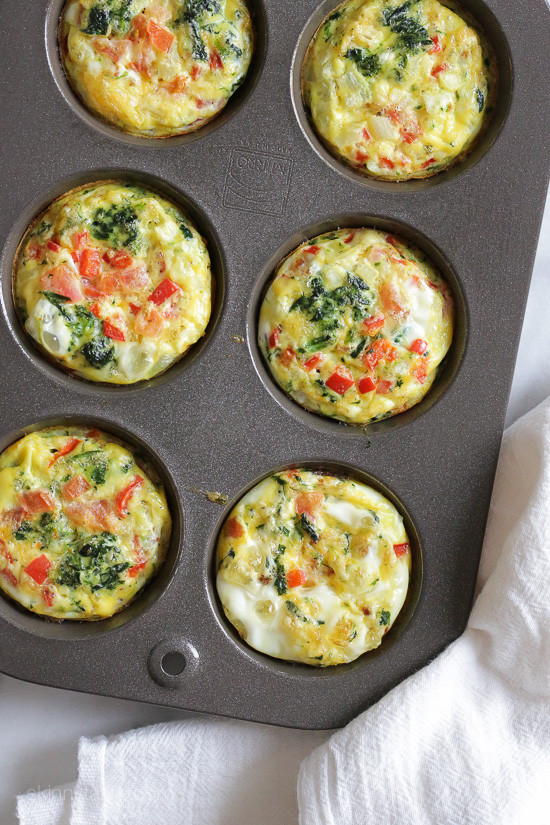What Is the Healthiest Yogurt?
Since I’m not a big milk drinker, yogurt is my preferred form of dairy. Eating yogurt is an easy, tasty way to get some much-needed calcium. Plus it delivers a healthy dose of protein and good-for-you probiotics.
But yogurt made from cow’s milk isn’t the only choice out there these days. On my recent trips to the supermarket, I’ve noticed more yogurts made from alternative “milks” (soy, rice, almonds, etc.). You may be wondering whether these options are a healthy choice? Here’s how yogurts made from alternative milks stack up nutritionally compared to yogurt made from cow’s milk.
Coconut Milk Vanilla Yogurt
Nutrition information (per 6-ounce container): 140 calories, 6g total fat, 6g saturated fat, 5mg sodium, 22g total carbohydrate, 19g sugar, 2g fiber, 1g protein, 30% daily value (DV) calcium. Live Active Cultures: 6.
Pros: delivers more fiber and less sodium than low-fat vanilla cow’s-milk yogurt.
Cons: there’s less protein and more total and saturated fat than what you’d find in low-fat vanilla cow’s-milk yogurt.
Soy-milk Vanilla Yogurt
Nutrition information (per 6-ounce container): 130-150 calories, 2.5-3g total fat, 0g saturated fat, 40-140mg sodium, 24-25g total carbohydrate, 19-21g sugar, 1-5g fiber, 3-7g protein, 15-30% DV calcium. Live Active Cultures: 6.
Pros: you get more fiber and less sodium (with some brands) and saturated fat compared to low-fat vanilla cow’s-milk yogurt.
Cons: there’s less protein and calcium (with some brands).
Of all of the alternative-milk-based yogurts, and compared to cow’s-milk-based yogurt, soymilk yogurt delivers the least amount of calories and total and saturated fat. And depending on the brand, it boasts the most fiber too.
Almond Milk Vanilla Yogurt
Nutrition information (per 8-ounce container): 220 calories, 8g total fat, 0.5g saturated fat, 10mg sodium, 35g total carbohydrate, 26g sugar, 2g fiber, 3g protein, 30% DV calcium. Live Active Cultures: 6.
Pros: delivers more fiber and less saturated fat and sodium. And although there’s more total fat it’s the healthy kind.
Cons: almond milk yogurt contains more calories and less protein than low-fat vanilla cow’s-milk yogurt.
Rice Milk Vanilla Yogurt
Nutrition information (per 6-ounce container): 180 calories, 1g total fat, 0g saturated fat, 160mg sodium, 38g total carbohydrate, 20g sugar, 3g fiber, 3g protein, 40% DV calcium. Live Active Cultures: 4.
Pros: boasts more fiber and calcium and less total and saturated fat versus low-fat vanilla cow’s-milk yogurt.
Cons: delivers less protein and more calories and sodium.
Rice-milk yogurt has the most calcium (40% DV), even compared to cow’s-milk yogurt, but rice isn’t naturally rich in calcium (it’s added to the yogurt), so depending on the brand you buy calcium content may vary.
Goat Milk Vanilla Yogurt
Nutrition information (per 6-ounce container): 140 calories, 5g total fat, 5g saturated fat, 75mg sodium, 16g total carbohydrate, 14g sugar, 0g fiber, 7g protein, 20% DV calcium. Live Active Cultures: 4.
Pros: you get less sodium than low-fat vanilla cow’s-milk yogurt.
Cons: there’s more total and saturated fat and less protein and calcium.
So Which One to Choose?
Honestly, it depends. If you don’t like—or can’t tolerate—cow’s-milk yogurt, any one of these alternatives can fit into a healthy diet. Of the yogurts I looked at, nutritionally soy milk yogurt is probably the closest to cow’s-milk yogurt—though you should read the nutrition facts label carefully, as it does depend on the brand you choose. by Brierley Wright, M.S., R.D., Nutrition Editor









